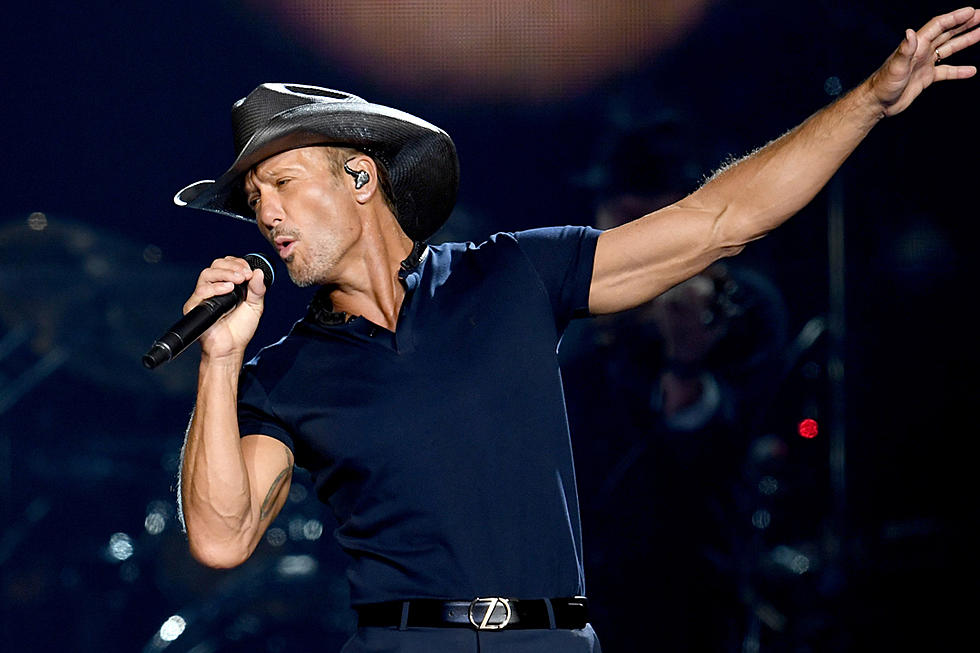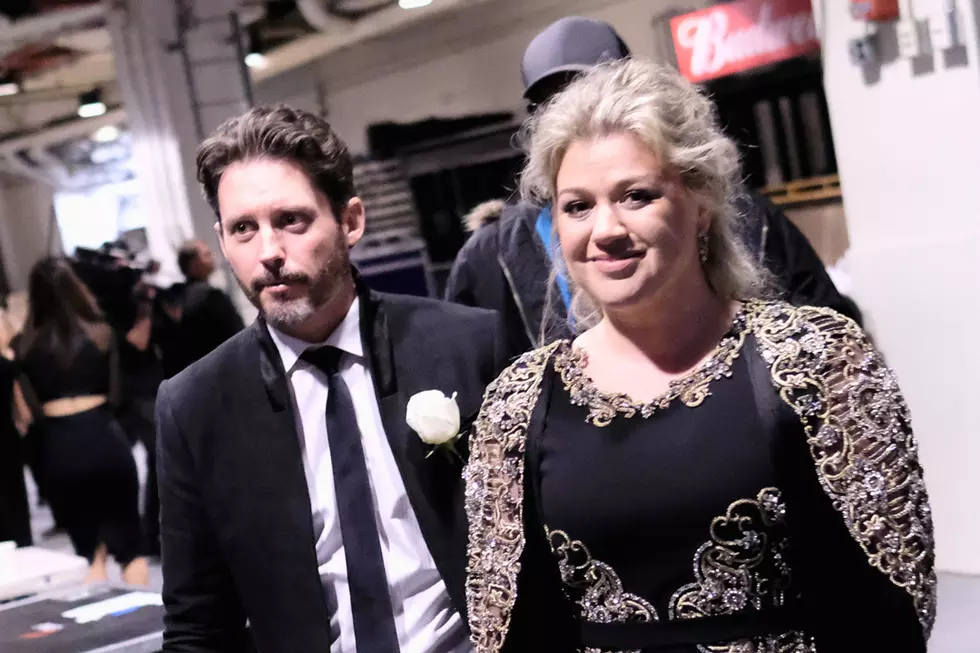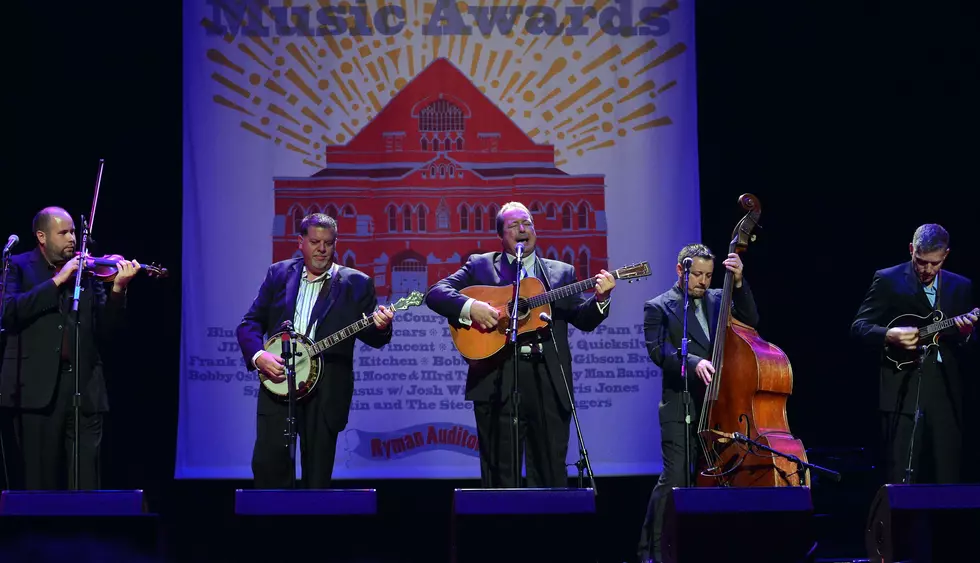
Tim McGraw Loves a Heartfelt, Family-Focused Song
Some of Tim McGraw's most enduring songs have centered around family and love: "Don't Take the Girl," "It's Your Love," "My Next Thirty Years," and even megahits such as "Live Like You Were Dying" and "Humble and Kind."
"I certainly try to find songs that I can find some deeper meaning in ... but, no, I don't look for songs like that in particular ... but I guess, maybe subconsciously, I gravitate to them. I don't know," McGraw recently told The Boot and other media outlets, during a virtual roundtable event. The singer admits that his rough childhood, as the child of a single mother who struggled with money and experienced abuse, likely contributed to his desire to sing that sort of song.
"When we were growing up, we had a broken family, and we had sort of a dysfunctional childhood. So I've always, since I was little -- you know, everybody that grows up in that situation has sort of this fantasy dream about the perfect family they want to have. And so music was sort of my outlet for that," McGraw explains. "And when I got married and had kids, I wanted to have that.
"We by no means have a perfect family, but we have a solid core of family, and we're really strong with each other, and we really love each other tremendously," he continues. "So, I wanted that for my family, when I had one; I wanted everything that wasn't quite there when I grew up."
McGraw and his wife, fellow country star Faith Hill, have been married since 1996, and have three daughters. Decades later and now a parent himself, McGraw says he looks back and realizes "how strong my mom was, how much she kept us together and how close we all were, my mom and my two sisters, because of all the things that we went through." Some of those early songs, too, ring a bit different to him.
"When you're 26 years old ... you're looking for a good song at that point. You're looking for a song that's really good, and you hope you perform it well ... You're trying to make good music, you're trying to learn as you go and all those things," McGraw muses. "So everything sort of goes by you a little bit differently than it does when you've lived more life and you have your own kids, you have your own family, and you're looking back at it ...
"The older I get ... I feel like that it's a lot more personal when you record a song like that than it used to be when I was young," he adds. "When life steps in ... that's where the beauty comes from in a lot of way."
Indeed, McGraw has found himself becoming a more emotional guy as he gets older. "I don't know, maybe it works in reverse for some people," he jokes, mentioning his 77-year-old Uncle Hank -- his father Tug McGraw's brother -- who is "a pretty stoic guy," but is a big ol' softie in his older age.
"Maybe it's a family trait -- the older you get, the more vulnerable you get -- on the McGraw side of the family," McGraw muses. "But, um, I don't know -- I guess you just sort of look at life differently.
"I think that's probably it more than anything: You take less things for granted, and things mean more to you," he adds.
WATCH: Tim McGraw Talks About His Next Album
LOOK: Inside Tim McGraw + Faith Hill's Historic Tennessee Home
More From K96 FM










